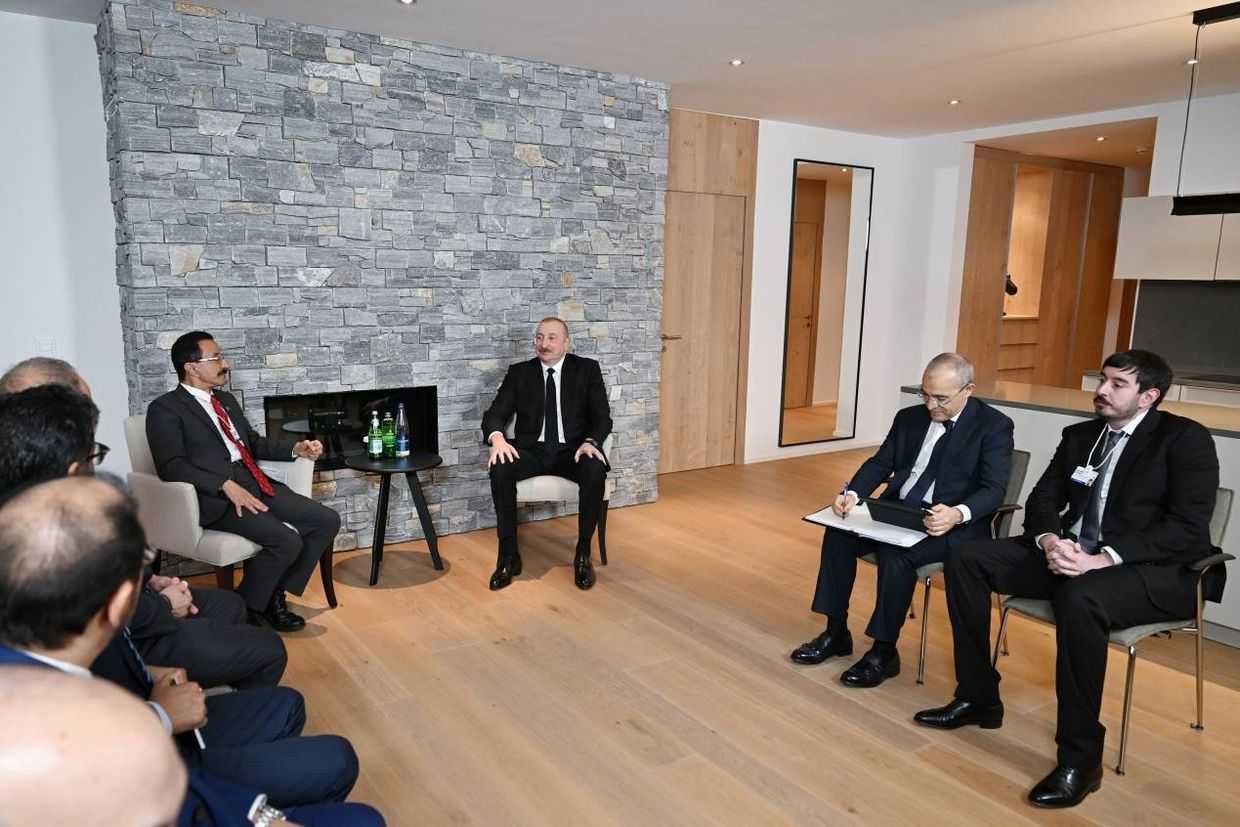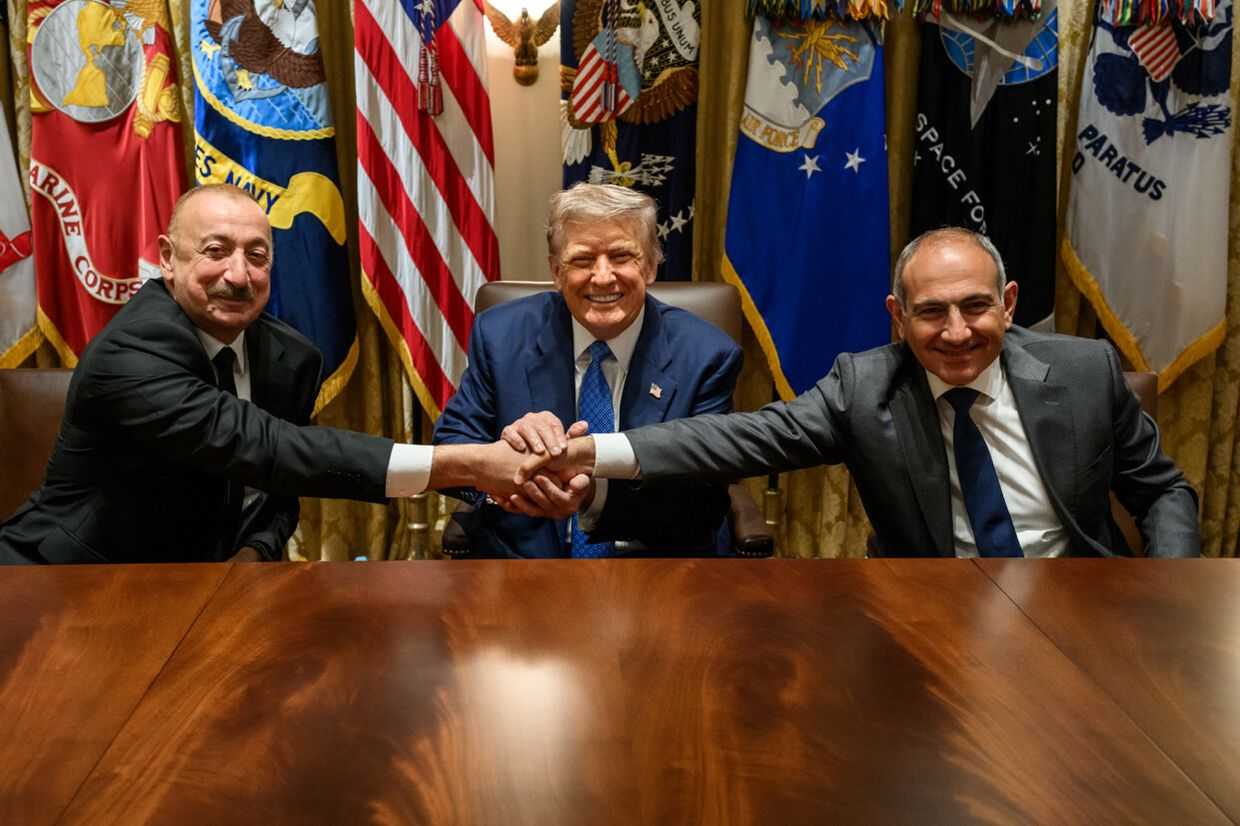Baku claims Moscow is waging ‘information campaign’ after Aliyev says Bolsheviks invaded Azerbaijan
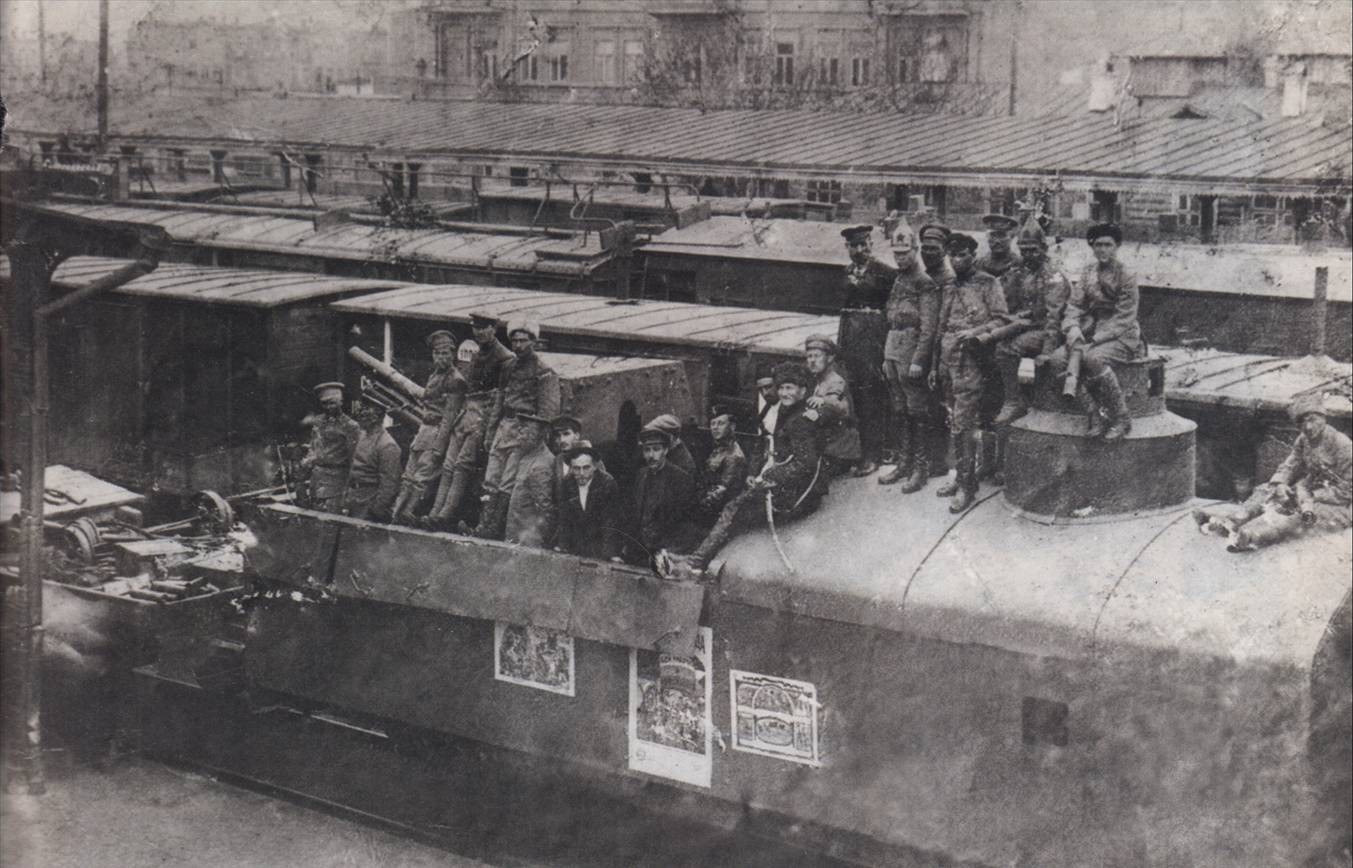
Azerbaijan’s Parliament has accused Russia of launching a ‘massive information campaign’ against the country following a recent interview President Ilham Aliyev gave to the Saudi media outlet Al-Arabiya. The parliament’s statement, printed in the state-run news agency Azertac, said the campaign was triggered by comments Aliyev made on ‘historical facts’.
Azertac did not specify the exact words from the Al-Arabiya interview that supposedly triggered the campaign, but said the Russian response came in response to a semantical question about which name to use for the proposed US-managed route connecting Azerbaijan to its exclave of Nakhchivan — the ‘Zangezur corridor’, disfavoured by Armenia due to its implied territorial claims, or the Trump Route, which has become the nominal name for the project.
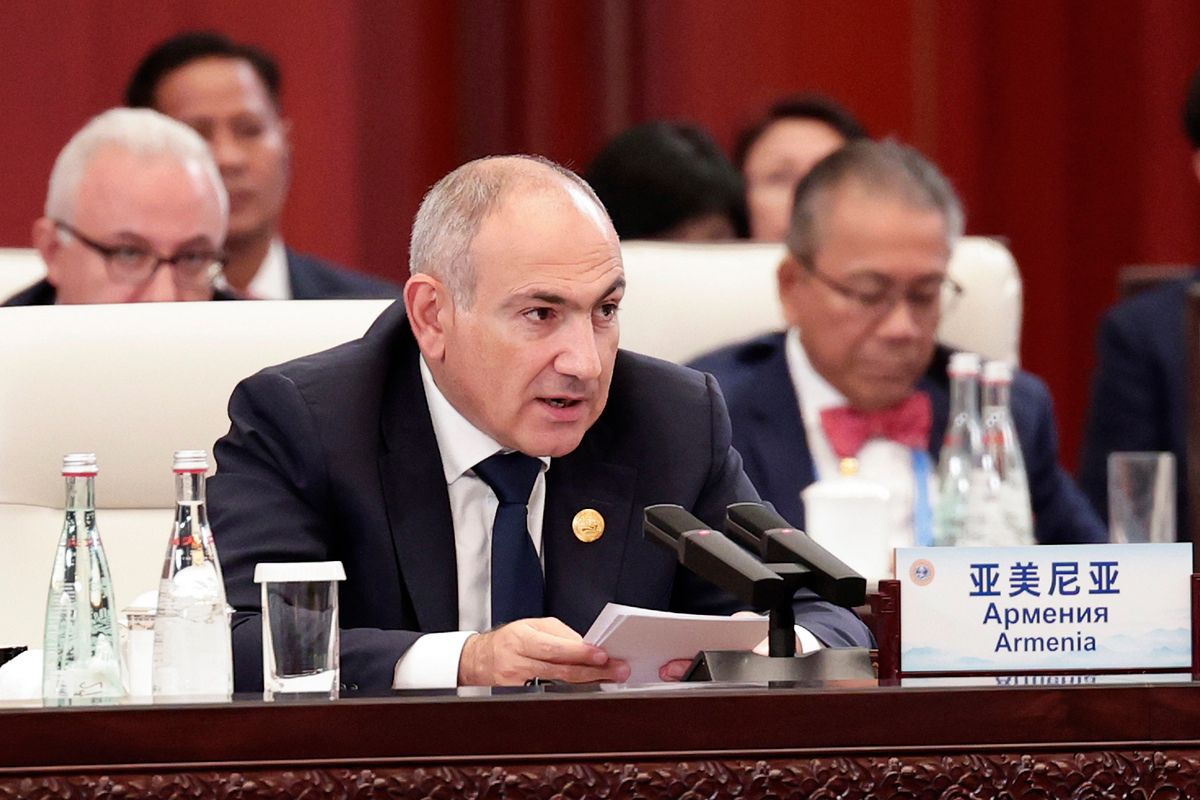
Answering the question, Aliyev said he needed to explain some history to show ‘how it happened that Azerbaijan was divided into two parts’. He began by discussing the short-lived Azerbaijan Democratic Republic, which existed from 1918–1920, ‘when the Russian army invaded Azerbaijan and occupied it’.
‘The Bolsheviks, who carried out the revolution in 1917, deceived the people [...] We established our own state, but the Bolsheviks took it from us’.
Aliyev went on to say that the Soviet Union was responsible for separating Nakhchivan from mainland Azerbaijan, which therefore necessitated the creation of the Trump Route today.
‘Monitoring has revealed that President Ilham Aliyev’s response, based on historical facts, to a question regarding the Zangezur corridor was taken out of context, falsified, or distorted when presented to the Russian audience’, the statement by parliament read.
Azerbaijan’s Parliament continued by claiming that the subsequent information campaign triggered by Aliyev’s comments was ‘aimed at inciting anti-Azerbaijan sentiment in Russian society’ through a variety of means, including social media, television, news, and ‘individuals with radical positions who hold certain influence’.
‘Another notable element of the campaign is the targeted use of Azerbaijan’s social media segment through advertisements that include threatening rhetoric against our country’s sovereignty and territorial integrity’.
According to the parliament’s statement, ‘such repugnant campaigns have no impact on public opinion in Azerbaijan’.
‘These activities only serve to inflame Russian society with false narratives and drag it into baseless hostility with neighbouring states’.
The parliament did not provide any specific examples, but stridently pro-Kremlin media outlets like Tsargrad TV have published a number of scathing articles criticising Aliyev’s comments.
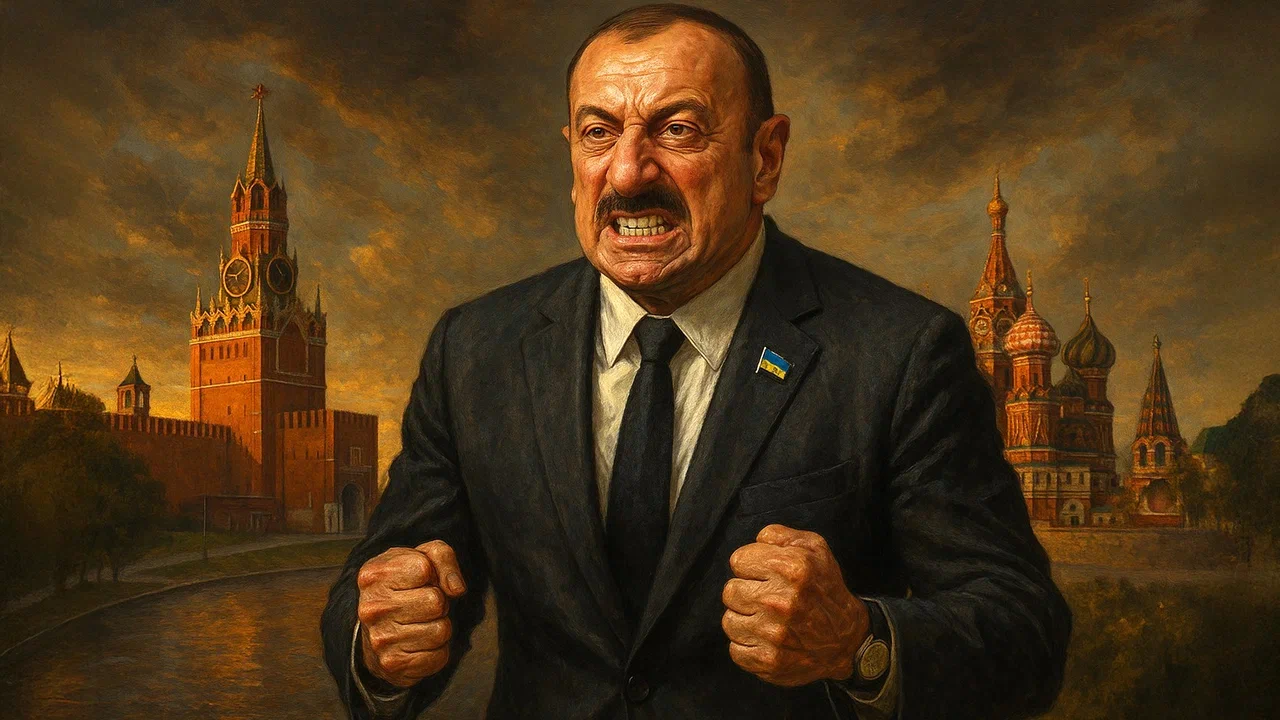
In particular, Tsargrad TV accused Aliyev of ‘being silent’ about his father Heydar Aliyev, who had served as the Communist Party boss of Soviet Azerbaijan.
Another Tsargrad TV article was entitled ‘Aliyev blamed Russia for the occupation of Azerbaijan: Baku is setting the stage for a big war with the Russians’.
The strikes come at a low point in Azerbaijan’s relations with Russia, fueled by the deadly crash of an Azerbaijan Airlines (AZAL) flight in December 2024, which Baku has blamed on Russian air defence, as well as the deaths of two ethnic Azerbaijanis during a Russian police raid in Yekaterinburg in June 2025.
Since then, Azerbaijan has become more open in its support of Ukraine, hinting that it may be willing to end its arms embargo if tensions with Russia continue. In line with the recent Tsargrad TV articles, some Russian propagandists have also begun threatening Azerbaijan with war.






